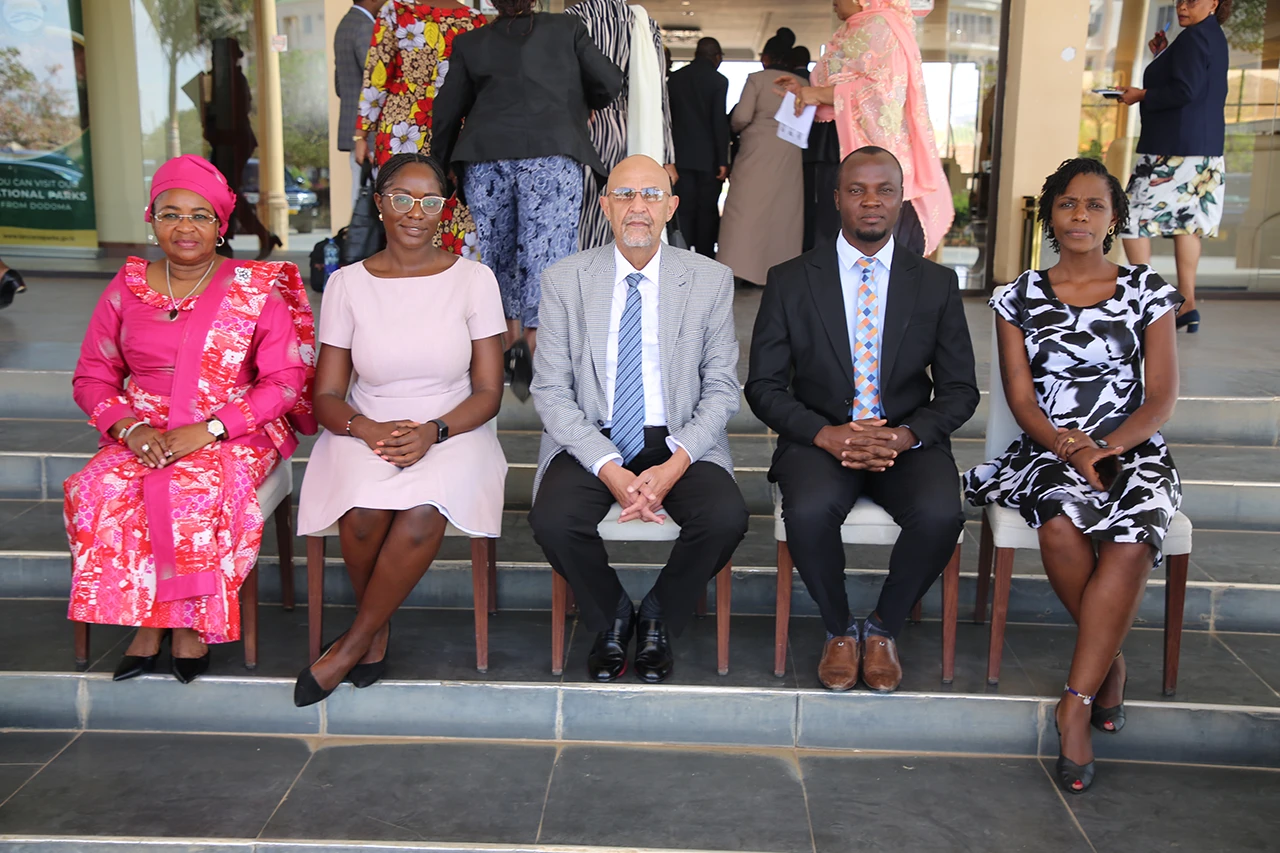The concept of the “blue economy” has emerged in recent years to highlight the close linkages between the sustainable use of ocean resources and the wellbeing of the people.
The blue economy refers to initiatives that promote economic growth, social inclusion, and the preservation or improvement of livelihoods while at the same time ensuring environmental sustainability of the oceans and coastal areas.
On 9th November, 2022 the ICCF Group in partnership with The Nature Conservancy (TNC) facilitated a parliamentary caucus briefing session with members of the TAPAFE caucus focused on the status of the blue economy in Tanzania and initiatives being implemented on the ground. The briefing was attended by 45 members of the caucus.
Keynote remarks during the briefing were provided by Hon. Mussa Azzan Zungu, Deputy Speaker of the National Assembly of Tanzania, Hon. Dunstan Kitandula, Chairperson of TAPAFE, Hon. Fatma Hassan Toufiq, Deputy Secretary of TAPAFE, and Jill Barasa, Africa Program Director. Hon. Zungu applauded the ICCF Group for working with parliamentary conservation caucuses globally on conservation and environment issues. He urged the members to be observant of international and national regulations that seek to protect the environment. Hon. Kitandula recognized the significance of renewing the memorandum of understanding, especially in a time where environment and conservation issues are considered integral to decisions on the economy.
Mr. Emmanuel Mpina from TNC led the presentation session, opening the session by defining the concept and need of blue economy and marine spatial planning (MSP) in Africa, before detailing a case study of Seychelles and the progress they have made in MSP. Mr. Mpina then elaborated on the status of the blue economy in Tanzania by highlighting the existing key strengths and gaps - some of which include lack of existing legal basis for MSP, lack of a union coordination mechanism, and inconsistent data across agencies. He concluded by recommending the formation of a formally constituted, robust multi-sectoral coordination mechanism with a clear mandate that reflects the interests of different stakeholders.
The briefing culminated in the signing of a Memorandum of Understanding (MOU) between TAPAFE, represented by the Hon. Dunstan Kitandula and Hon. Atupele Fredy Mwakibete, Secretary of TAPAFE, and the ICCF Group. The MOU signified a formal agreement to continue working together on activities of mutual interest that will enhance the capacity of TAPAFE to carry out their legislative mandate.

 Regional Headquarters
Regional Headquarters